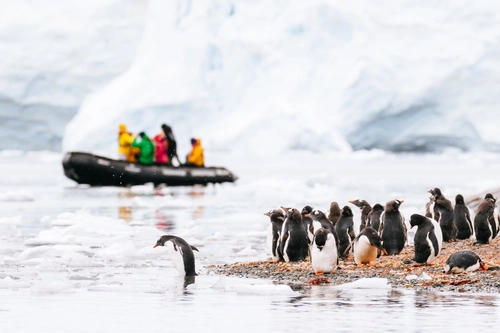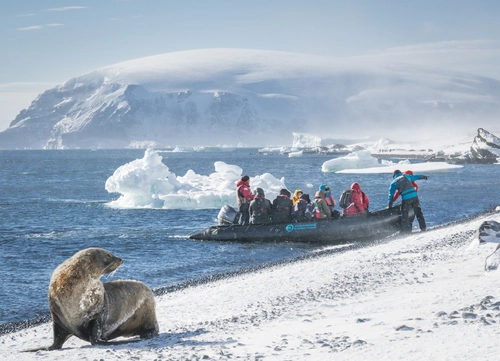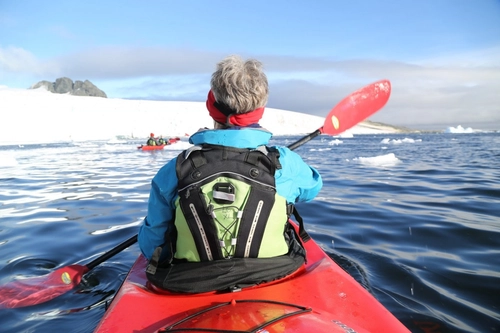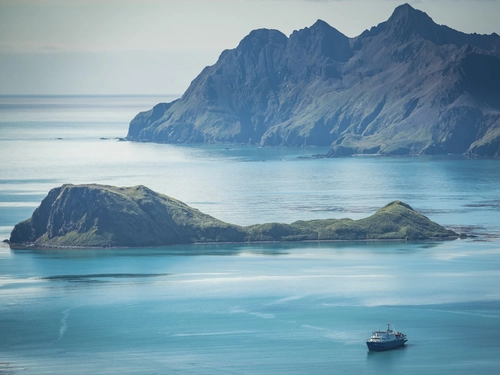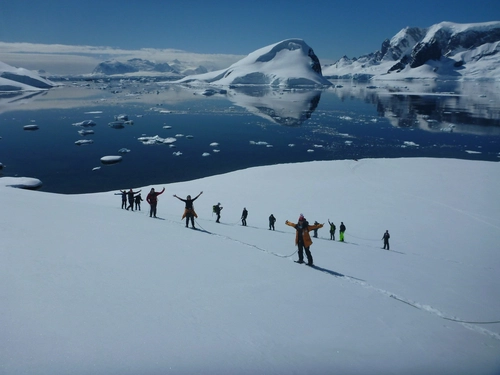Name: Cape Petrel, Cape Pigeon, Pintado Petrel, Cape Fulmar (Daption capense)
Length: 40 cm
Weight: 450 to 480 grams
Location: Subantarctic islands
Conservation status: Least Concern
Diet: Crustaceans, squid, fish
Appearance: Black head, bill, and forewings with white patches. Dappled white and black back and inner upper wings, black feather tips on wings and tail, and white undersides.
How do Cape Petrels feed?
Cape Petrels feed by swimming and pecking at the water for krill. They also dive for food and follow fishing vessels to catch discarded fish waste. They can be aggressive while competing for food, spraying foul-smelling stomach oil at rivals.
Are Cape Petrels social?
Cape Petrels form large flocks while foraging at sea and create loose colonies during the breeding season, where they compete for prime nesting spots.
How fast do Cape Petrels fly?
Cape Petrels fly at around 18 meters per second.
What are Cape Petrel birthing rituals like?
Sexually mature at 5 years, Cape Petrels migrate to colony sites in mid-October. They nest on cliffs or level ground near the coast, using pebbles and overhanging rocks for protection. Monogamous pairs lay a single egg in November, with both parents taking turns incubating for 45 days. After hatching, parents switch off feeding the chick until it fledges around 45 days later.
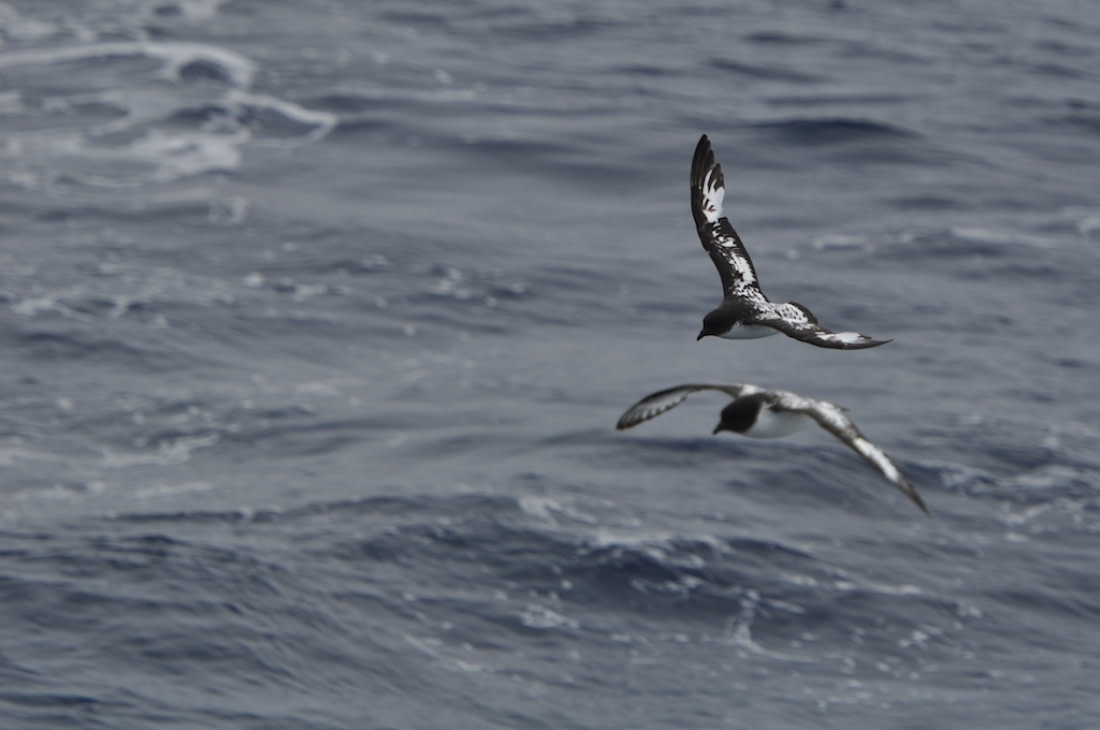
How long do Cape Petrels live?
Cape Petrels live for about 25 years.
How many Cape Petrels are there today?
The population is estimated at around 2,000,000 individuals worldwide.
Do Cape Petrels have any natural predators?
Skuas prey on their eggs and hatchlings.
7 Captivating Cape Petrel Facts
- Cape Petrels are the only member of the Daption genus.
- They produce stomach oil in the proventriculus for nourishment, feeding young, or defense.
- A gland above their nasal passages secretes a saline solution to expel excess salt from ocean feeding.
- Two subspecies: Daption capense australe (near New Zealand) and Daption capense capense (other subantarctic islands).
- "Daption" means "little devourer" in ancient Greek; "Pintado" means "painted" in Spanish.
- "Cape Pigeon" refers to their pecking habit while eating; "Cape" refers to the Cape of Good Hope.
- They are the only marine birds with distinct dappled coloring.



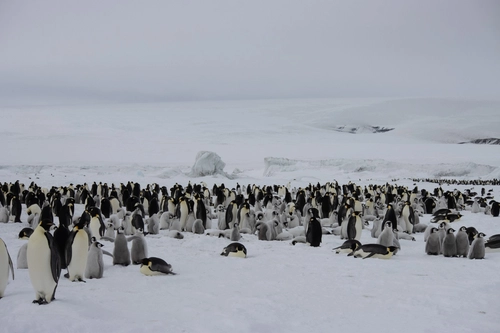


Related Trips


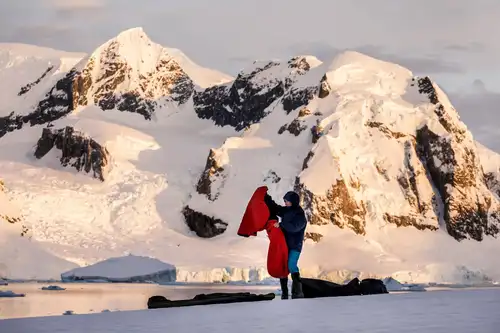
Camping in Antarctica: a True Expedition Experience
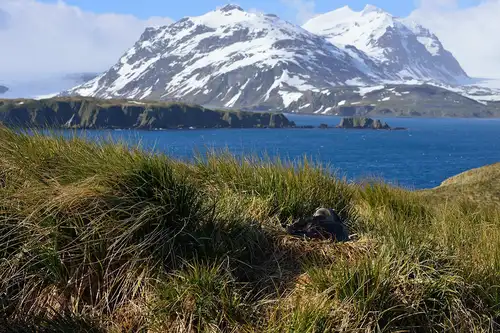
Flowers in Antarctica
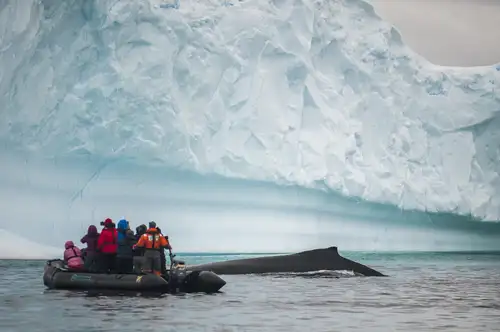
A Day of Whale Watching in Antarctica
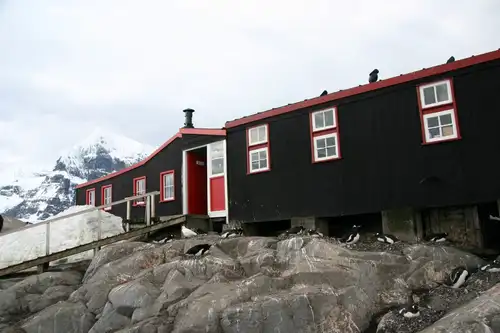
Port Lockroy: History, Post Office, and Resident Penguins
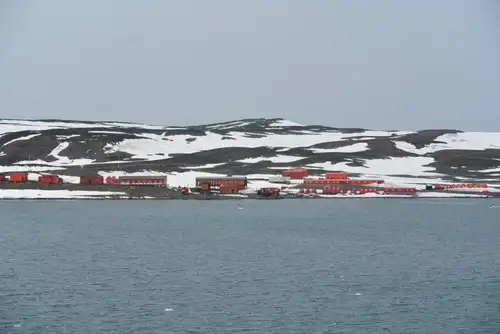
Living the Antarctic Dream
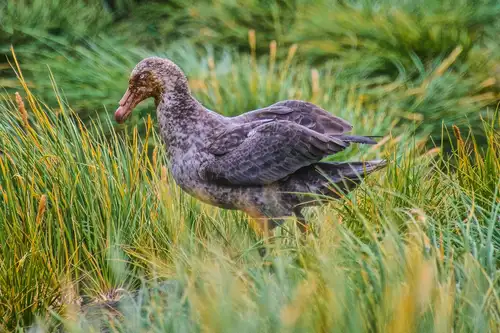
The Giant Petrels of King George Island
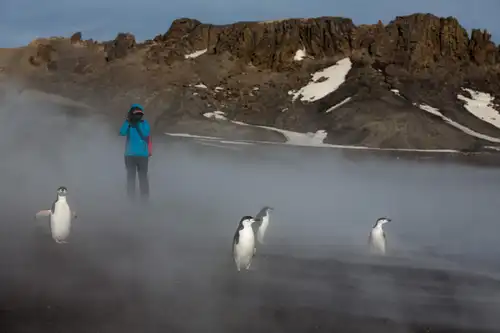
Graham Land: A landscape dominated by volcanoes
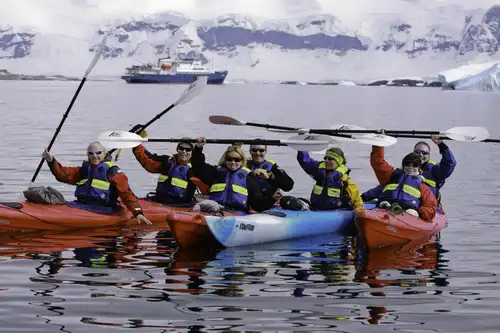
A Day of Basecamp in Antarctica – Paradise Harbour
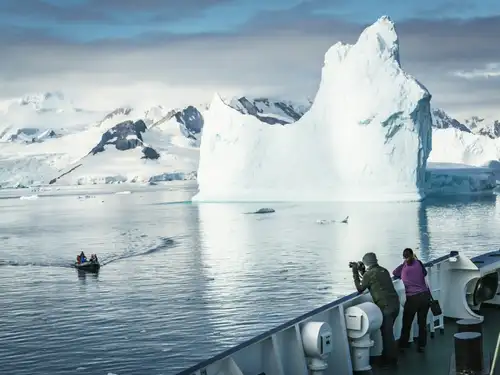
The Classic Polar Cruise: Antarctic Peninsula Facts, Pics, and More
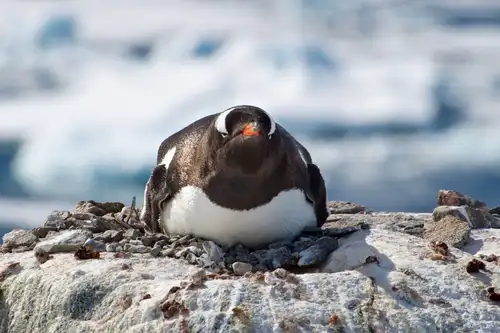
Life in a Penguin Colony
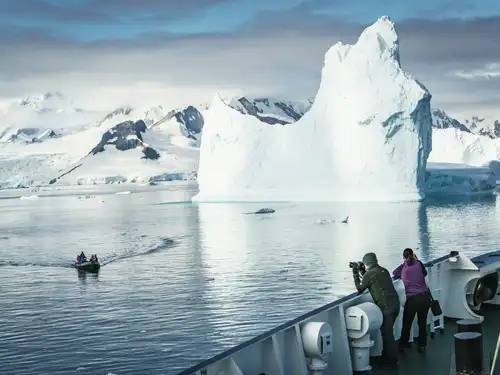
Antarctic Explorer’s Voyage
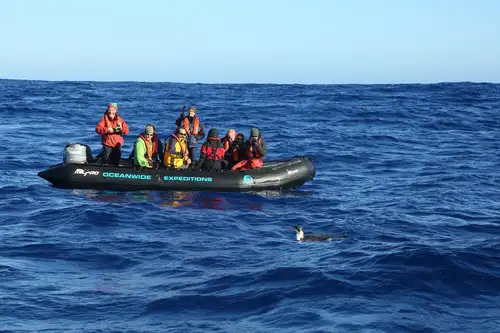



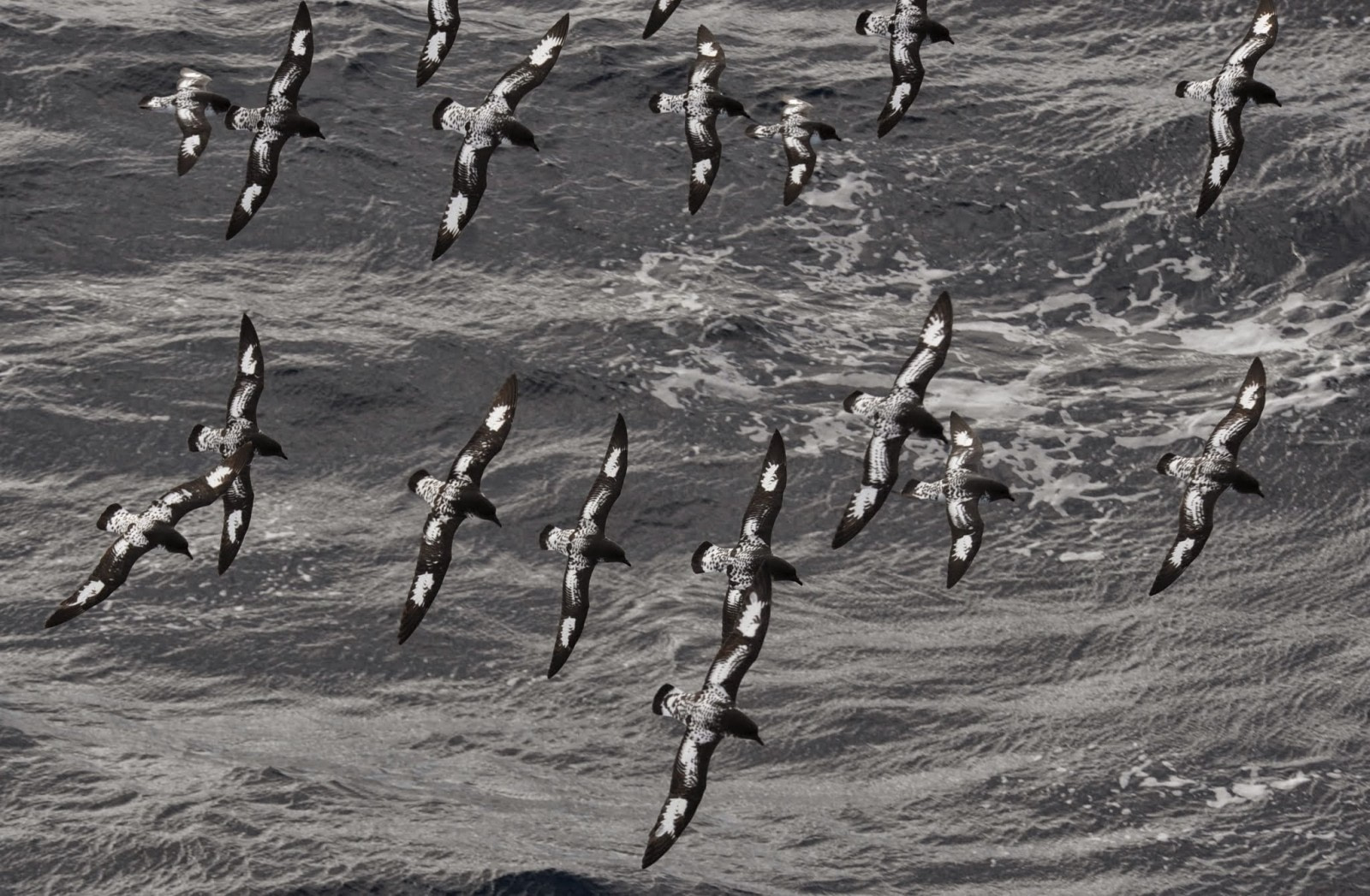
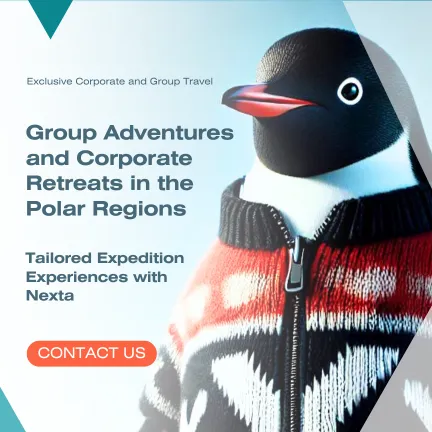
 21 Days / 20 Nights
21 Days / 20 Nights
